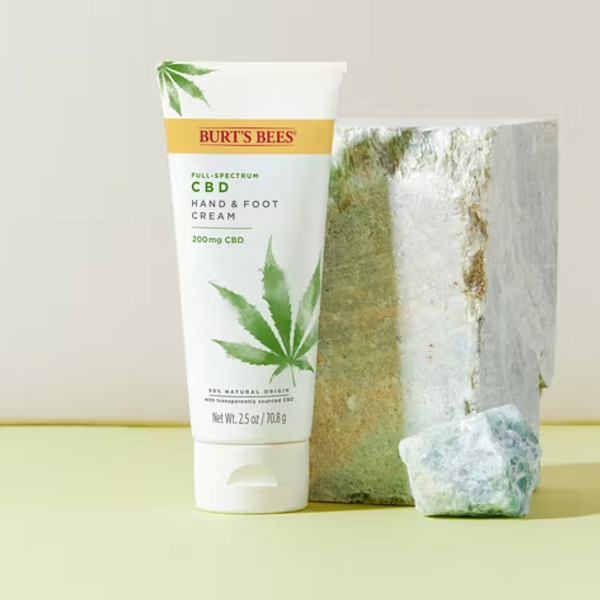Over the last month, the federal government has taken several important steps to further regulate the cannabinoid market in the United States. Both the DEA and the FDA made announcements last week that will hopefully lead to a safer market for consumers and the businesses making the trendy products.
DEA's History With Cannabis
The DEA's policies regarding Cannabinoids, the two most important of which are THC and CBD, have been unchanged since the inception of the Controlled Substances Act of 1972. The long standing policy, which categorizes cannabis and its derivatives as highly addictive substances with no current accepted medical value, didn't make a distinction between hemp and marijuana until now.
When Did The Law Change?
When the Farm Bill was passed in 2018, hemp became a fully legal commercial crop and created an instant market for CBD products, virtually overnight. However, the new regulations laid out in the Farm Bill did not match the policies of the Drug Enforcement Agency. While the DEA had actually changed the way it approached hemp and CBD in light of the new laws, they had not actually been codified until now (well, the DEA made a proposal, nothing is final as of yet).
Last Thursday, August 20th, the DEA released a statement outlining the proposed changes to current policies, adjustments that would make the DEA fully compliant with the rules and regulations outlined in the 2018 Farm Bill.
The DEA's announcement sends a clear message that the Federal government is trying to get all of it's agencies on the same page regarding cannabis, CBD and hemp, as the law enforcement agency was not the only one to make a marijuana related announcement last week.
What Was the Announcement?
According to the official announcement, here is what the DEA had to say
"The Agriculture Improvement Act of 2018, Public Law 115-334, was signed into law on December, 20, 2018. It provided a new statutory definition of 'hemp' and amended the definition of marijuana under 21 U.S.C. 802 and the listing of tetrahydrocannabinois under 21 U.S.C. 812. The AIA thereby amends the regulatory controls over marijuana, tetrahydrocannabinois, and other marijuana-related constituents in the Controlled Substances Act."
What Does This Actually Mean?
The purpose of the announcement was to highlight four conforming changes to the DEA's existing regulations and are as follows:
- It changes the definition of marijuana, to not include any substance that meets the threshold as hemp-derived CBD
- It removes CBD based medication approved by the FDA from Schedule V of the C.S.A.
- It also removes the import and export controls concerning hemp and hemp-derived CBD (international shipping now allowed)
- It modifies the law by stating that the definition of "marijuana extracts" is limited to extracts "containing greater than 0.3 percent delta-9-tetrahydrocannabinol on a dry weight basis", an act that will further increase consumers access to legal concentrates
Definition Of Marijuana Has Changed
The Agricultural Improvement Act updated the Controlled Substances Acts' regulatory controls over cannabis because it altered its definition by law. The new definition of marijuana does not include the hemp plant or any of its derivatives.
Here is how the government now defines hemp: "the term hemp means the plant Cannabis sativa L. and any part of that plant, including the seeds thereof and all derivatives, extracts, cannabinoids, isomers, acids, salts and salts of isomers, whether growing or not, with a delta-9-tetrahydrocannabinol concentration of not more than 0.3 percent on a dry weight basis."
Why Is This Important?
While it might not seem super significant, as this announcement does not actually change any laws, it is still a major step forward for the cannabinoid market in America.
Over the last 6 years, cannabis and cannabinoid infused products have become a major industry throughout the U.S. and it is important to have all the relevant federal agencies on the same page.
The DEA, in particular, will play a vital role in the normalization of these types of products over the next decade. Cooperation and the recognition of how America's view of cannabis has evolved, especially by the biggest law enforcement agency in the world, is going to play an important role as we further integrate the plant across multiple industries.








